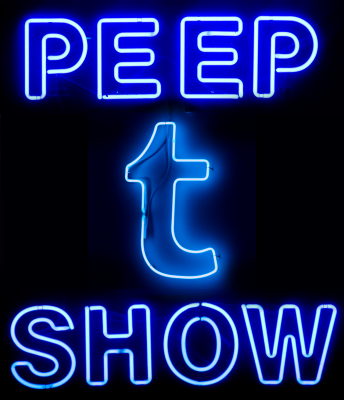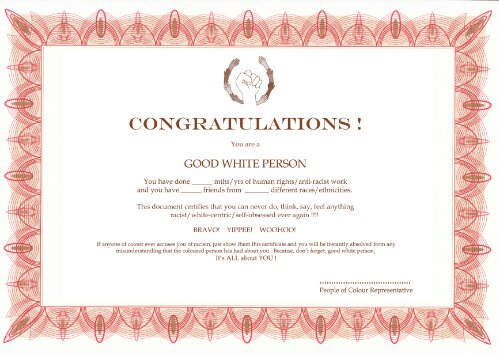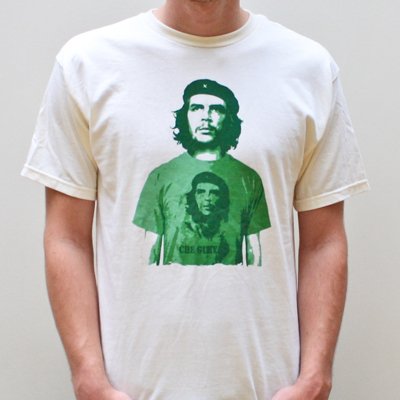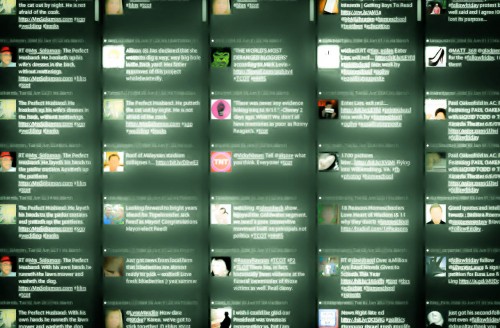
The lies told to artists mirror the lies told to women: Be good enough, be pretty enough, and that guy or gallery will sweep you off your feet… But make the first move, seize your destiny, and you’re a whore.
– Molly Crabapple, Drawing Blood
The question of how to handle adult content is difficult and unavoidable for any social media platform. Sites that host adult content usually find it very hard to get adult backlinks since not many sites are interested and some are even indifferent towards the adult industry. The complexity of the issue is such that companies’ responses are all over the map. Before talking about what companies lose out on when they ban adult content, it’s probably helpful to look at where the largest social media platforms stand on the issue. more...







